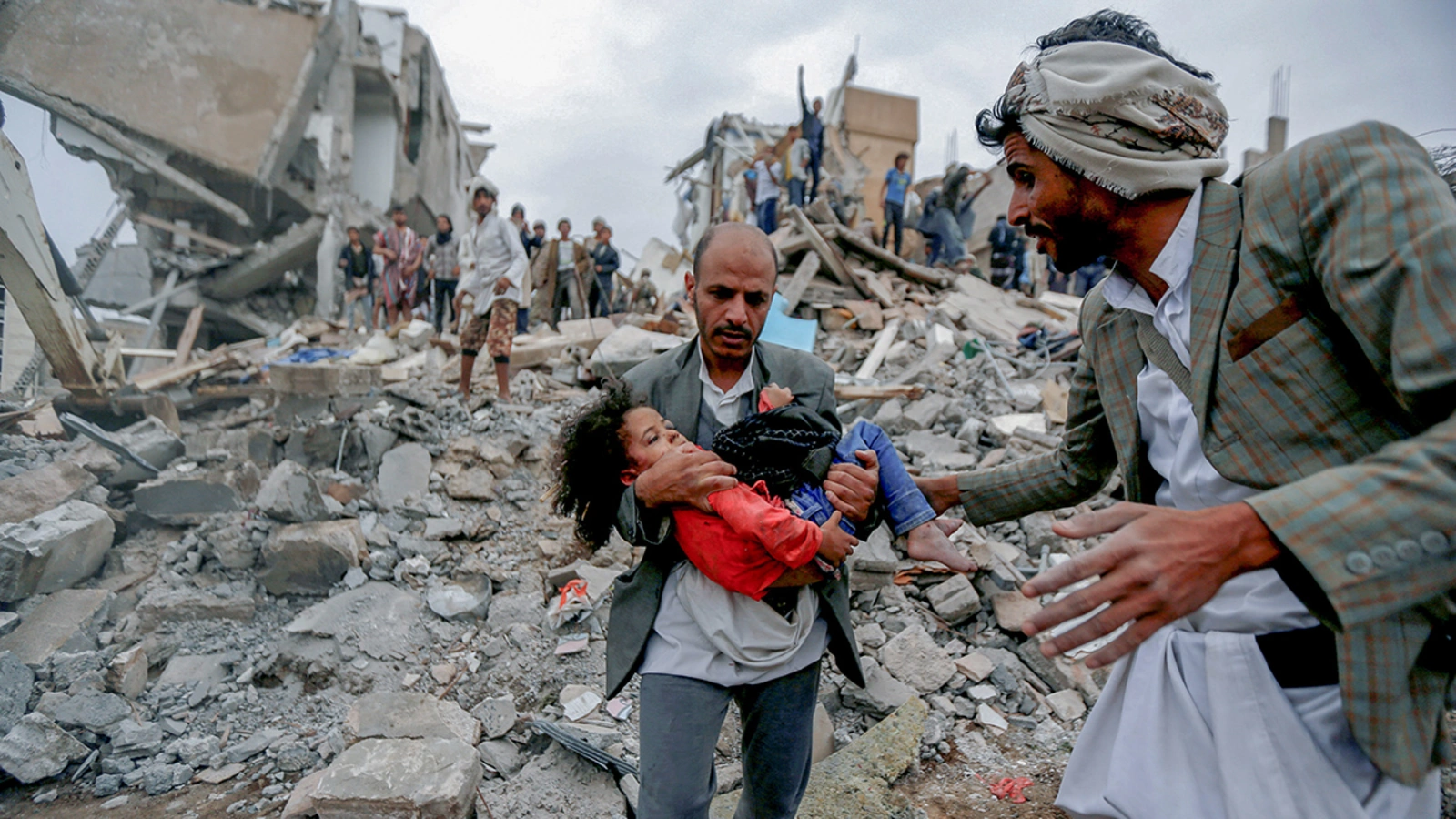Yemen, a nation nestled in the heart of the Middle East, has been a focal point of global attention due to its ongoing humanitarian crisis, political instability, and regional conflict. From civil unrest to foreign intervention, Yemen continues to grapple with multifaceted challenges that have profound implications for its people and the broader international community. Here’s a comprehensive overview of the latest developments in Yemen.
Humanitarian Crisis:
Yemen is facing one of the world’s worst humanitarian crises. The conflict has resulted in widespread displacement, food insecurity, and the collapse of essential services. According to the United Nations http://Wainsider.com/, more than 20 million Yemenis are in need of humanitarian assistance, with millions on the brink of famine.
The blockade on Yemen’s ports, imposed by the Saudi-led coalition, has severely restricted the flow of humanitarian aid into the country, exacerbating the crisis. Access to clean water, healthcare, and sanitation remains limited, leading to outbreaks of preventable diseases such as cholera and diphtheria.
Civil War and Political Instability:
Yemen’s descent into chaos can be traced back to the Arab Spring in 2011 when mass protests led to the ousting of President Ali Abdullah Saleh. However, political transition efforts faltered, culminating in a power vacuum that was exploited by various factions.
The Houthi rebels, supported by Iran, seized control of the capital, Sanaa, in 2014, prompting a military intervention by a coalition led by Saudi Arabia and backed by the United Arab Emirates. The conflict escalated into a protracted civil war, with multiple parties vying for control over territory and resources.
Efforts to broker a peace deal have faltered, with intermittent ceasefire agreements failing to materialize into lasting solutions. The absence of a unified government has further compounded Yemen’s political instability, hindering the prospects for peace and reconciliation.
Foreign Intervention:
Yemen’s conflict has attracted significant international attention and involvement. The Saudi-led coalition, with support from Western allies such as the United States and the United Kingdom, has conducted airstrikes targeting Houthi positions and infrastructure.
Meanwhile, Iran’s backing of the Houthi rebels has added a regional dimension to the conflict, fueling sectarian tensions and exacerbating Yemen’s instability. The involvement of external actors has prolonged the war and complicated efforts to find a negotiated settlement.
Prospects for Peace:
Despite the bleak outlook, there have been sporadic attempts to revive peace talks and negotiate a political settlement to end Yemen’s suffering. The United Nations has played a central role in facilitating dialogue between the warring parties, albeit with limited success.
Recent initiatives, such as the Stockholm Agreement in 2018 and the Riyadh Agreement in 2019, aimed to de-escalate tensions and pave the way for a comprehensive ceasefire. However, implementation has been slow, and violence persists in many parts of the country.
Looking Ahead:
The road to peace in Yemen remains long and arduous, with numerous obstacles and challenges to overcome. Addressing the humanitarian crisis, ending foreign intervention, and fostering inclusive dialogue among Yemen’s diverse factions are essential steps toward achieving sustainable peace and stability.
The international community must continue to prioritize Yemen’s plight and provide the necessary support for humanitarian relief efforts. Additionally, concerted diplomatic efforts are needed to build trust between conflicting parties and facilitate a political resolution to the crisis.
Ultimately, the fate of Yemen lies in the hands of its people and their willingness to transcend sectarian divides and embrace a shared vision of peace and prosperity. Only through collective action and genuine dialogue can Yemen hope to emerge from the shadows of conflict and chart a path toward a brighter future.




